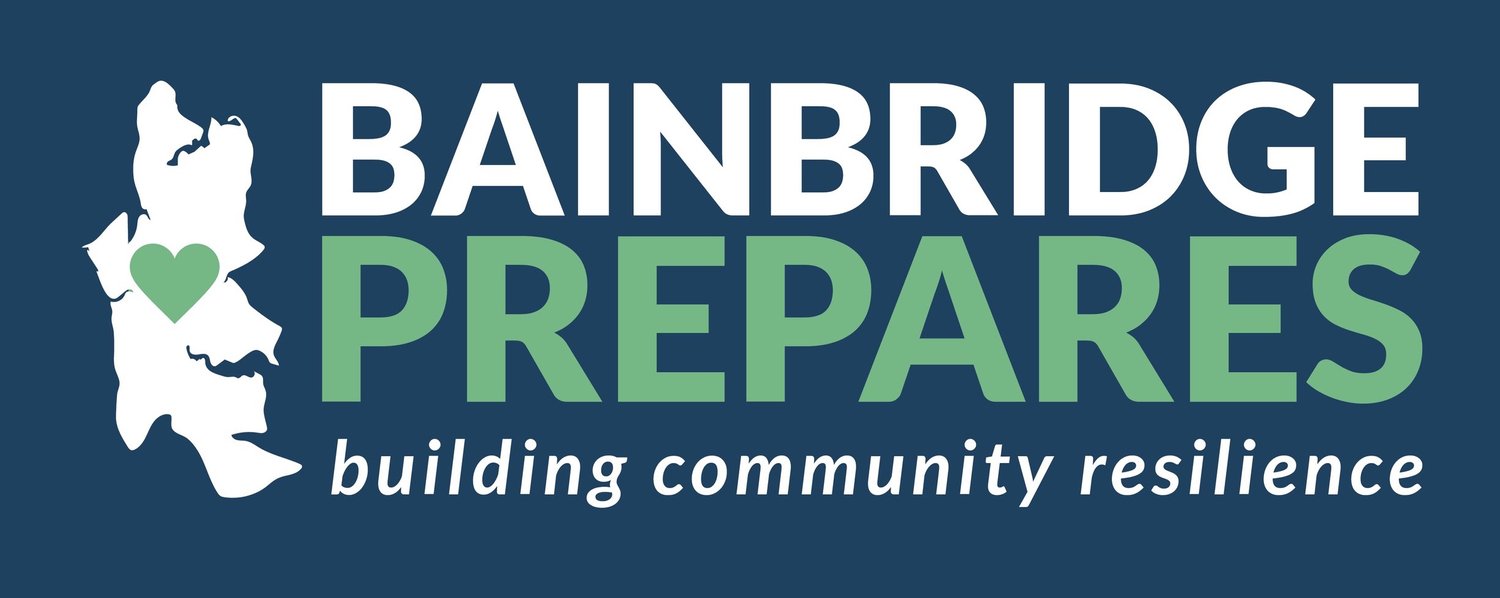New ‘Shared Harvest’ Program Addresses Rising Food Insecurity
Major cuts to federal funding are affecting local farms, Helpline House food bank, and more than 400 local families. But Friends of the Farms has just launched an effort called Shared Harvest to counteract the effect of the cuts.
Cuts
The cuts were made to the federal Local Food Purchase Assistance Cooperative Agreement Program (LFPA), which creates non-competitive cooperative agreements to provide funding for state, tribal, and territorial governments to purchase foods (produced within the state or within 400 miles of the delivery destination). LFPA helps support local and regional food producers.
Cuts were also made to The Emergency Food Assistance Program (TEFAP), which provides food to low-income people through food banks, pantries, and other emergency food providers.
Effects
Helpline has reported on the effects of the cuts:
Commodities funding has been reduced by 40 percent.
Helpline has had to reduce the number of pantry visits for patrons from four times to one time per week.
Food Lifeline and Northwest Harvest used to provide important supplies to Helpline, but these have dropped precipitously and now consist mostly of snacks like potato chips.
Despite the cuts, reliance on Helpline has grown. Over the past two years, the number of served households has doubled.
Shared Harvest
Shared Harvest works like this:
Friends of the Farms raises funds to buy produce, meat, and eggs from local farmers.
The purchased food is delivered to Helpline House food bank for patrons.
Eleven local farms are currently participating.
The Rotary Club of Bainbridge island helped launch the program with a $5,000 grant.
How to Help
Want to support our community with this important program?

